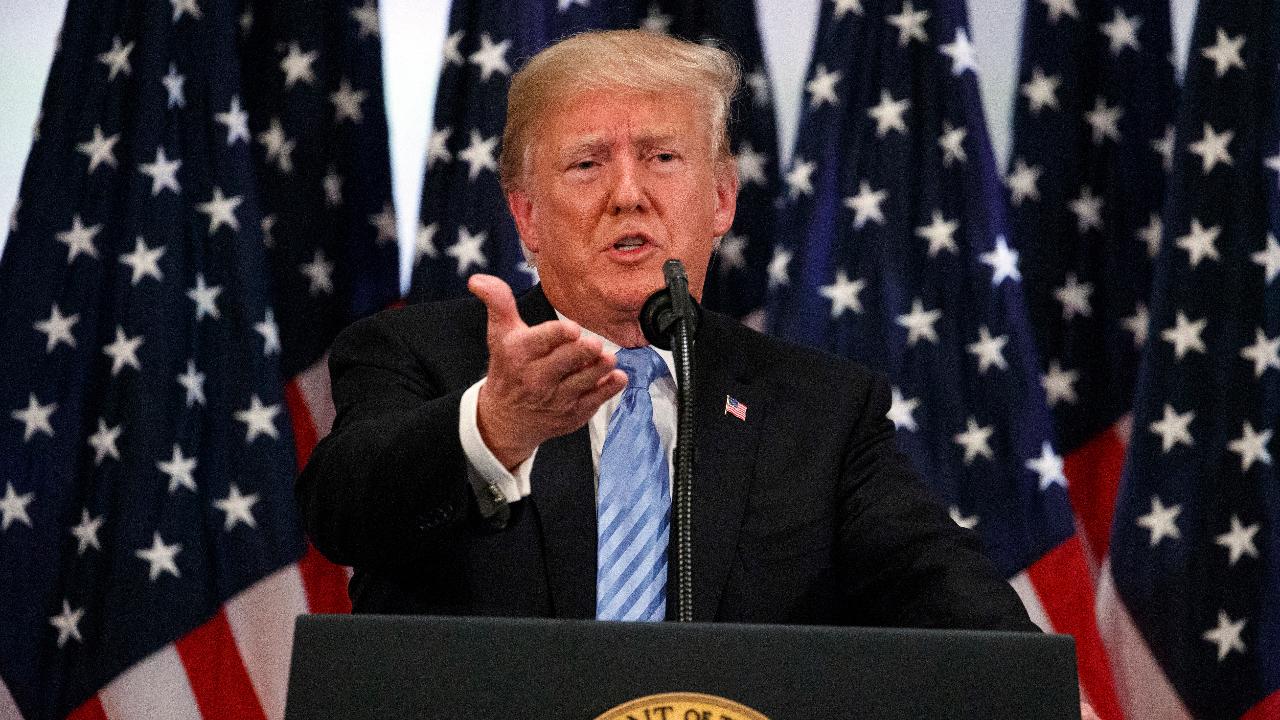USMCA is signed, now companies, unions and activists weigh in
Government negotiators are done reshaping the North American Free Trade Agreement. Now companies, unions, and activists get their turn. The new pact is already triggering new battles over everything from drug patents to LGBTQ rights.
Friday's signing ceremony marks the formal conclusion of more than a year of trilateral haggling that produced the new U.S.-Mexico-Canada Agreement replacing the old NAFTA. But before the pact can take effect, it has to win ratification in Congress.
That time lag gives lobbyists the chance to recast how the provisions will be carried out and enforced, and how they will affect businesses -- even though the text is now fixed. That can be done through shaping the "implementing legislation" needed to harmonize the agreement with U.S. laws, or through statements that the Trump administration is required to provide Congress explaining how the agreement will be monitored and enforced.
In the two months since the pact text was made public, its new drug patent protection provision has emerged as one of the most intense flashpoints. The USMCA offers drugmakers protection from generic competition for at least 10 years across the continent -- less than the 12 years in the U.S., but up from eight in Canada, and five in Mexico. The Pharmaceutical Research and Manufacturers of America praised the deal as "a historic point for U.S. trade policy, cementing critical intellectual property protections...."
Opponents -- including generic drugmakers, insurers and the influential AARP advocacy group for older Americans -- say the deal would make it harder to ease those rules in the U.S. and restrict competition regionally. The Association for Affordable Medicines coalition wrote to U.S. Trade Representative Robert Lighthizer this month, saying the trade pact, as written, "will exacerbate the problem of high prescription drug prices in the United States."
FedEx Corp., United Parcel Service Inc. and DHL Express are gearing up to battle a footnote they say could create more red-tape for low-value packages crossing the borders, and so doing, would "stifle the growing e-commerce industry," said Michael C. Mullen, executive director of the Express Association of America, which represents the three delivery companies.
One stamp that Canadian Prime Minister Justin Trudeau put on the final text was language committing the three countries to protect workers against discrimination on the basis of sexual orientation and gender identity.
The move was in keeping with Mr. Trudeau's campaign to pursue "progressive" trade policies world-wide, prompted 46 House Republicans to protest in a Nov. 16 letter that "a trade agreement is no place for the adoption of social policy."
The most intensive ongoing consultations to keep shaping the USMCA revolve around bolstering Mexican organized labor. Mr. Lighthizer has made addressing those concerns a high-priority, and the new pact contains stronger language promoting developing-country labor rights than in any previous U.S. trade agreement.
But U.S. union leaders say they need more-explicit commitments that President Trump will monitor and enforce Mexico's pledges to empower its workers. They have remained in constant contact with Mr. Lighthizer's team over the past two months, and some remain hopeful they can extract enough fresh promises from him on enforcement to alleviate those concerns to win their endorsement.
Write to Jacob M. Schlesinger at jacob.schlesinger@wsj.com




















